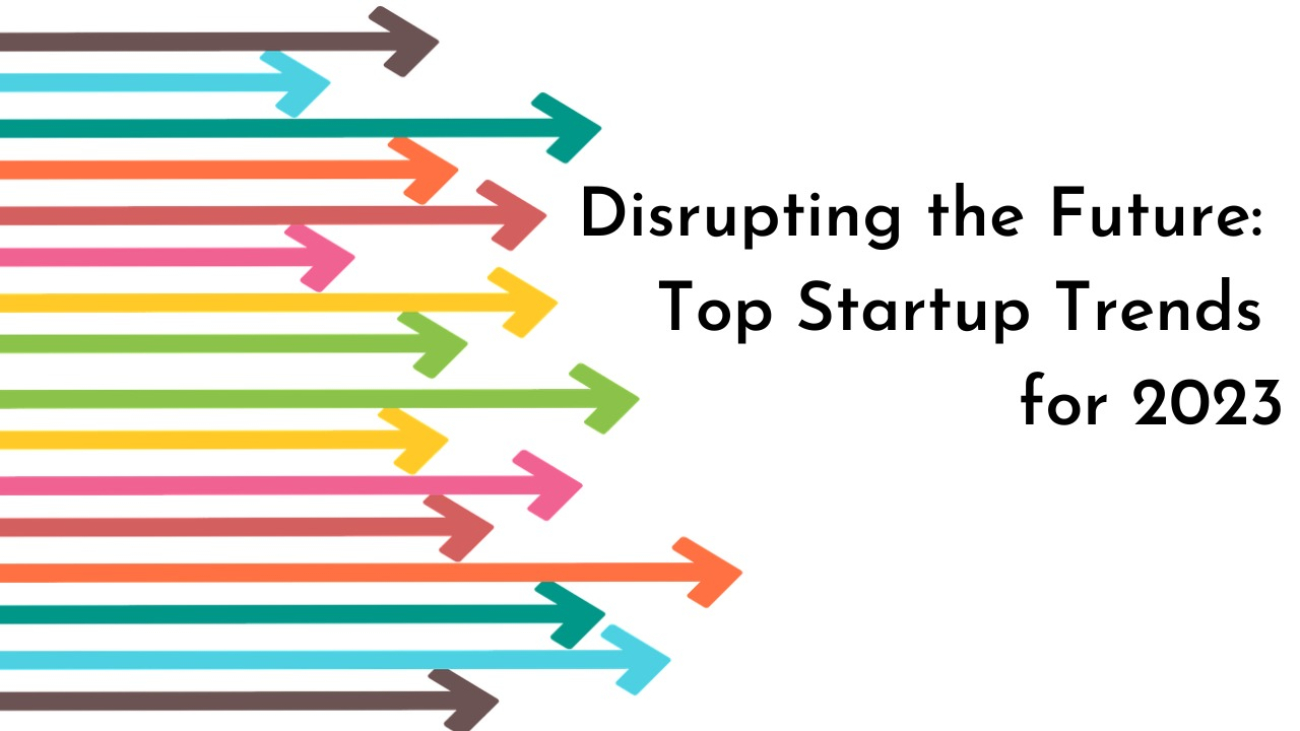Discover how startups are revolutionising traditional industries with innovation. Explore the impact of disruptive ventures on business models & technologies!
Innovation Accelerators: How Startups Are Disrupting Traditional Industries
In the fast-paced world of business, traditional industries are facing unprecedented challenges due to the rise of disruptive startups. These innovative ventures are changing the landscape of established sectors by introducing new technologies, processes, and business models. In this article, we will delve into what it means to disrupt an industry and explore the ways startups are accelerating innovation and transforming traditional sectors.
Defining Industry Disruption
To understand how startups are disrupting traditional industries, we must first grasp the concept of “industry disruption.” Disruption occurs when a new player enters the market with a revolutionary idea or product that significantly alters the status quo. It shakes up the existing market dynamics, displacing established players and often leading to the obsolescence of old business models. As the startup challenges conventional norms, it unlocks fresh opportunities, improves efficiencies, and caters to previously unmet customer needs. The concept is also often termed Disruptive Innovation.
The Essence of Industry Disruption
Disrupting traditional industries is all about reimagining the fundamentals of a sector. It involves identifying pain points and inefficiencies, then devising innovative solutions to address them. Startups, unburdened by legacy systems and bureaucratic hierarchies, can take a fresh approach and act swiftly to introduce transformative ideas. They leverage cutting-edge technologies and adopt agile methodologies, allowing them to quickly adapt to changing market demands and consumer preferences.
Startups Embrace Emerging Technologies
One of the key ways startups are disrupting traditional industries is through the adoption of emerging technologies. For instance, Artificial Intelligence (AI), Internet of Things (IoT), blockchain, and virtual reality have all opened up new possibilities across various sectors.
In the healthcare industry, startups are leveraging AI to analyse vast amounts of medical data and provide personalised treatment plans for patients. They are also using IoT devices to enable remote patient monitoring and improve healthcare accessibility. NHS has explained the impact of technology on healthcare, read more about it here.
In the financial sector, blockchain technology is revolutionising the way transactions are conducted. Startups are creating decentralised financial platforms, bypassing intermediaries, and reducing transaction fees for users.
The transportation industry is not immune to disruption either, with major players like Tesla, which was once a startup, focusing on electric vehicles and autonomous driving technology. This is essentially reshaping the way we move from point A to point B.
Startups Transform Business Models
In addition to embracing new technologies, startups are rewriting the rulebook when it comes to business models. The subscription-based model, for example, has disrupted industries such as entertainment and software distribution. Streaming services like Netflix and Spotify have replaced traditional cable TV and CDs, offering consumers more convenience and personalised content.
The sharing economy is another disruptive business model that has gained traction in recent years. Companies like Airbnb and Uber have disrupted the hospitality and transportation industries, respectively, by connecting consumers with underutilised assets (e.g., spare rooms and cars) and providing services on demand.
Startups Drive Customer-Centric Innovation
The success of startups in disrupting traditional industries is often attributed to their customer-centric approach. Unlike established corporations, startups can be laser-focused on understanding and meeting the needs of their target audience. They actively seek feedback, analyse user behaviour, and iterate their products or services accordingly.
This customer-centricity enables startups to develop innovative solutions that address pain points directly, leading to higher customer satisfaction. By leveraging agile development methodologies, startups can continuously improve and adapt their offerings, staying ahead of the curve and exceeding customer expectations.
Transitioning from exceeding customer expectations, let’s delve deeper into the impact of disruptive startups on traditional industries.

Breaking Down Barriers to Entry
Startups are also challenging the traditional barriers to entry that have historically protected established players in various industries. With advancements in technology and the availability of resources through crowdfunding and venture capital, startups can now compete with larger corporations more effectively. This levelling of the playing field allows innovative ideas to flourish, fostering a competitive environment that drives further innovation.
Embracing a Culture of Innovation
Innovation is at the heart of every successful startup, and this emphasis on creativity and problem-solving has a cascading effect on the entire industry. As startups challenge traditional norms, they inspire existing companies to reevaluate their own practices and embrace a culture of innovation. Large corporations are now investing heavily in research and development, partnering with startups, or even acquiring them to stay relevant and keep up with the rapidly changing landscape.
Startups as Catalysts for Industry Collaboration
Disruption is not just about startups challenging traditional businesses; it is also about fostering collaboration and synergy. Established companies are increasingly recognising the value of working with startups to accelerate innovation. Through partnerships and strategic alliances, corporations gain access to cutting-edge technologies, fresh perspectives, and untapped markets.
In this way, startups become catalysts for industry-wide collaboration, driving progress and advancing the sector as a whole. These collaborations create win-win situations, where startups gain the support and resources of established companies, while corporations benefit from the agility and innovation of startups.
Challenges Faced by Startups
While startups are making waves in the business world, they also face significant challenges in disrupting traditional industries. One of the primary hurdles is overcoming resistance from established players who may perceive startups as threats to their market share. Established companies often have greater resources, brand recognition, and customer loyalty, making it challenging for startups to gain a foothold.
Moreover, regulatory hurdles can be a significant barrier, especially in highly regulated industries such as healthcare and finance. Startups must navigate complex legal frameworks, which can slow down their progress and increase costs.
Sustaining Growth and Scaling
Many startups experience rapid growth during their early stages, but sustaining that growth and scaling the business can be tricky. As a startup expands, it may encounter operational challenges, management complexities, and the need for additional funding. Maintaining a delicate balance between innovation and stability becomes critical to long-term success.
The Role of Government and Supportive Ecosystems
The success of disruptive startups is also influenced by the level of support they receive from governments and other ecosystem stakeholders. Supportive policies, tax incentives, and funding opportunities can nurture the growth of startups and foster an environment conducive to innovation.
In some regions, governments are establishing innovation hubs, incubators, and accelerators to provide startups with the resources, mentorship, and networking opportunities they need to thrive.
Conclusion
As we have explored in this article, disruptive startups are reshaping traditional industries by challenging the status quo, adopting emerging technologies, and embracing customer-centric innovation. Through their unique approaches and agile methodologies, startups are breaking down barriers to entry, inspiring a culture of innovation, and fostering collaboration across industries.
While facing challenges, startups continue to revolutionise various sectors and leave an indelible mark on the global business landscape. As the pace of technological advancement accelerates, we can expect to see even more startups emerge as driving forces behind industry disruption.
The key takeaway is that industry disruption is not a one-time event, but an ongoing process. Startups, fueled by their relentless pursuit of innovation, are poised to continue transforming traditional industries for years to come, creating a future that is more dynamic, efficient, and customer-centric than ever before!


Add a Comment